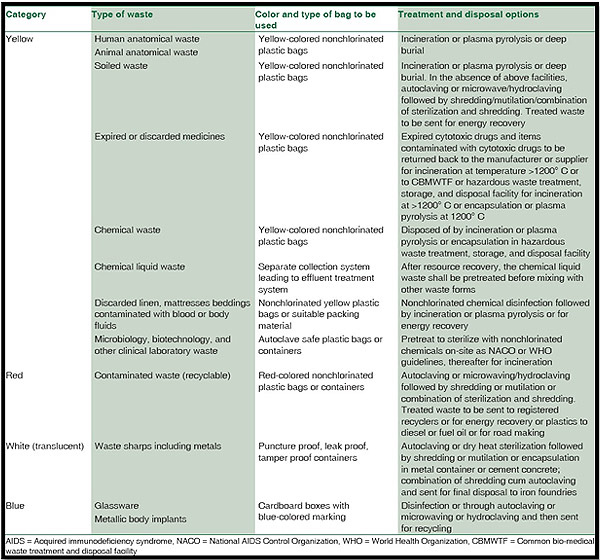The Single Strategy To Use For Reclaim Waste
The Single Strategy To Use For Reclaim Waste
Blog Article
Reclaim Waste - The Facts
Table of ContentsReclaim Waste Can Be Fun For Everyone3 Simple Techniques For Reclaim WasteSome Known Details About Reclaim Waste Some Known Questions About Reclaim Waste.Reclaim Waste for Dummies
Residential sewer waste refers to the waste and products from a residential septic container. The appropriate administration and disposal of residential sewer waste call for liquid waste to be moved to a sewage treatment plant where the correct approaches and devices are applied to purify and dispose of waste.
Commercial waste frequently includes possible threats, such as flammable materials or a blend of liquid and strong waste items, and requires a much more advanced and thorough disposal procedure. The disposal of commercial waste normally involves the filtration of waste before transportation to make certain risk-free and appropriate disposal. Industrial waste is produced from results and overflow of commercial procedures and manufacturing.
This sort of waste can not make use of the same sewage monitoring transport or processes as septic or commercial liquids. The hazardous waste management procedure needs the assessment and screening of fluid waste before it goes through the disposal process (liquid waste disposal). Overflow waste is the liquid waste that comes from runoff and excess stormwater in extremely populated locations or cities
Runoff waste can create contamination and flooding otherwise dealt with appropriately. Discover more about sewage system cleansing and waste administration. Ensuring proper waste monitoring can prevent disasters and minimize environmental damage. Both individuals in domestic settings and experts in commercial or manufacturing markets can gain from comprehending the processes and regulations of liquid waste monitoring.
The Best Guide To Reclaim Waste
Get in touch with PROS Services today to find out about our waste monitoring and disposal services and the correct methods to look after the fluid waste you create.
(https://www.mixcloud.com/reclaimwaste1/)Do you understand what occurs to your water when you disengage, flush the commode or drain the washing equipment? No? Well, it deserves recognizing. This so-called 'wastewater' is not just a crucial source however, after therapy, will be released to our land, waterways or the ocean. Made use of water from toilets, showers, bathrooms, kitchen sinks, laundries and commercial processes is understood as wastewater.

water utilized to cool down equipment or clean plant and devices). Stormwater, a form of wastewater, is overflow that flows from agricultural and urban locations such as roof coverings, parks, yards, roadways, paths and seamless gutters right into stormwater drains, after rain. Stormwater streams unattended straight to local creeks or rivers, eventually getting to the ocean.
Some Known Questions About Reclaim Waste.
In Queensland, the majority of wastewater is treated at sewer treatment plants. Wastewater is delivered from residential or industrial websites with a system of drains and pump stations, understood as sewage reticulation, to a sewer therapy plant.
The Department of Natural Resources advises city governments concerning managing, operating and keeping sewage systems and therapy plants. In unsewered locations, neighborhood federal governments may call for owners to mount specific or family sewer therapy systems to deal with residential wastewater from bathrooms, kitchens, washrooms and washings. The Division of Natural Resources authorizes using house systems when they are shown to be effective.
In some brand-new neighborhoods, therapy of some stormwater to remove clutter, sand and crushed rock has actually started using gross toxin catches. Wastewater treatment occurs in four stages: Eliminates strong matter.
Utilizes tiny living microorganisms understands as micro-organisms to break down and remove staying liquified wastes and fine particles. Micro-organisms and wastes are incorporated in the sludge.
Excitement About Reclaim Waste
Nutrient elimination is not readily available at all sewer treatment plants because it calls for costly specialized tools. Clear fluid effluent produced after treatment may still contain disease-causing micro-organisms - liquid waste removal melbourne.

Many wastewater moves right into the sewerage system. Under the Act, local governments administer approvals and licences for eco pertinent tasks (Periods) entailing wastewater releases that could have a regional impact.
Our Reclaim Waste Ideas
Tracking offers accurate information about water high quality and can verify that liquid waste removal melbourne licence conditions are being satisfied. The details obtained through monitoring supplies the basis for making water quality decisions.
Report this page